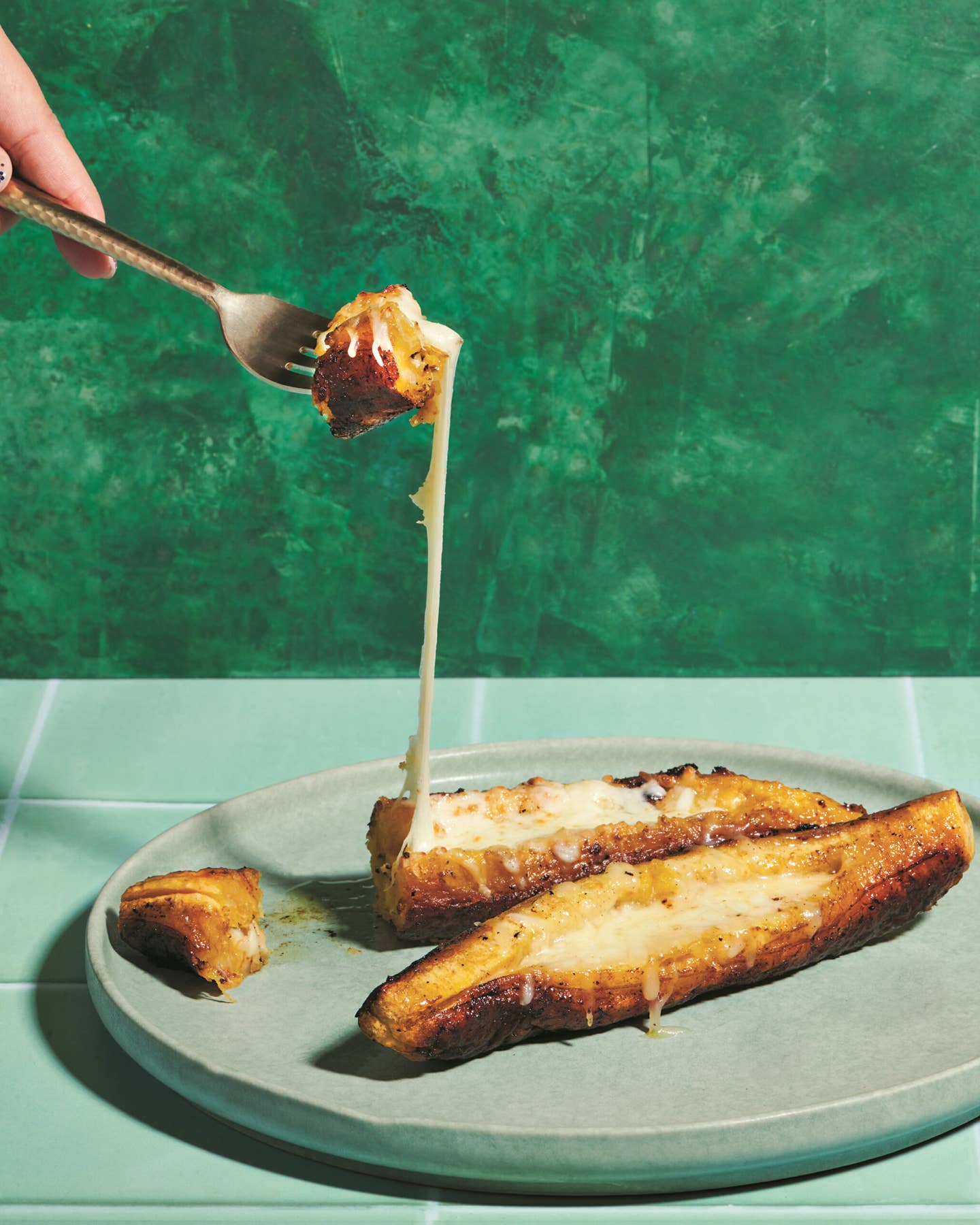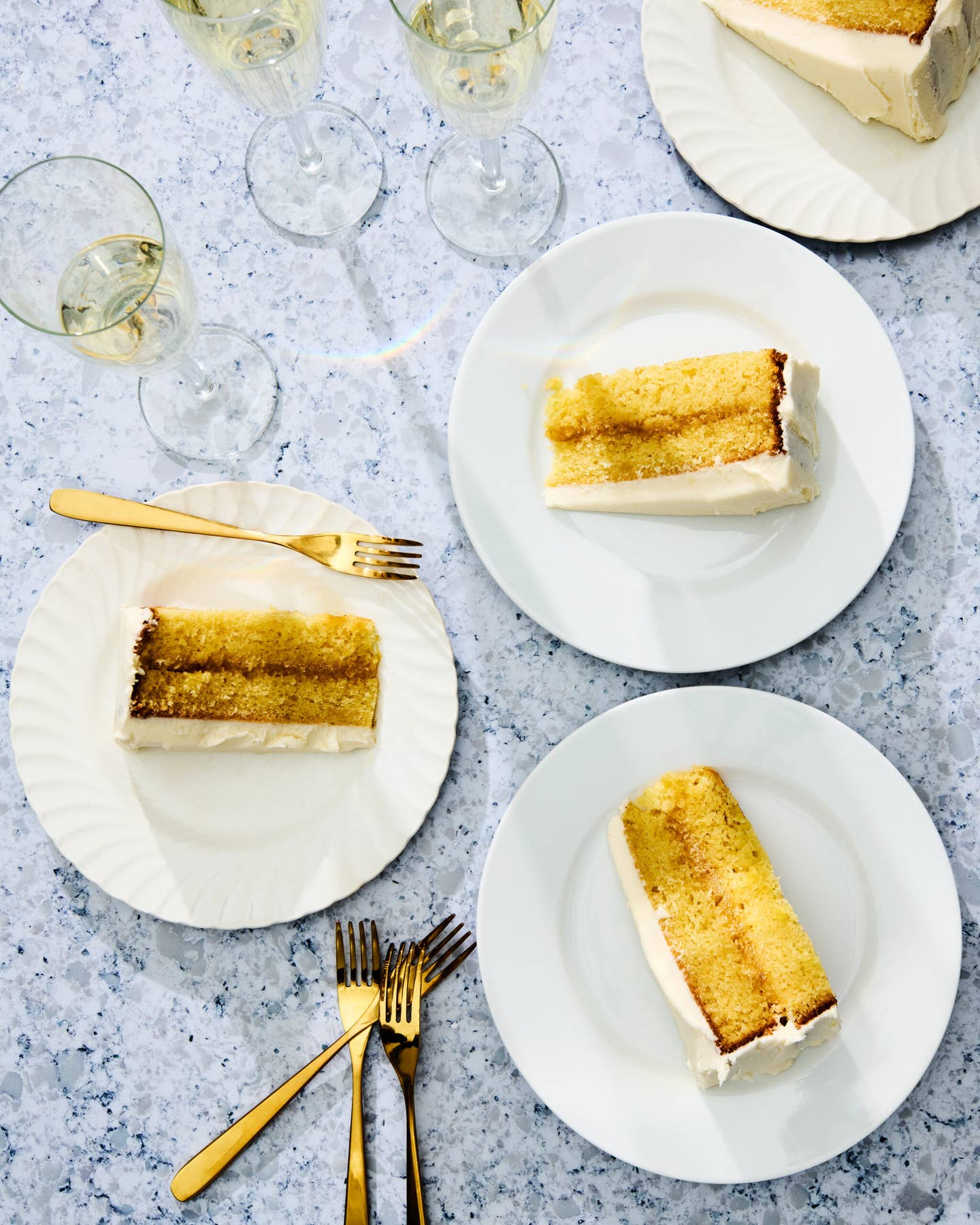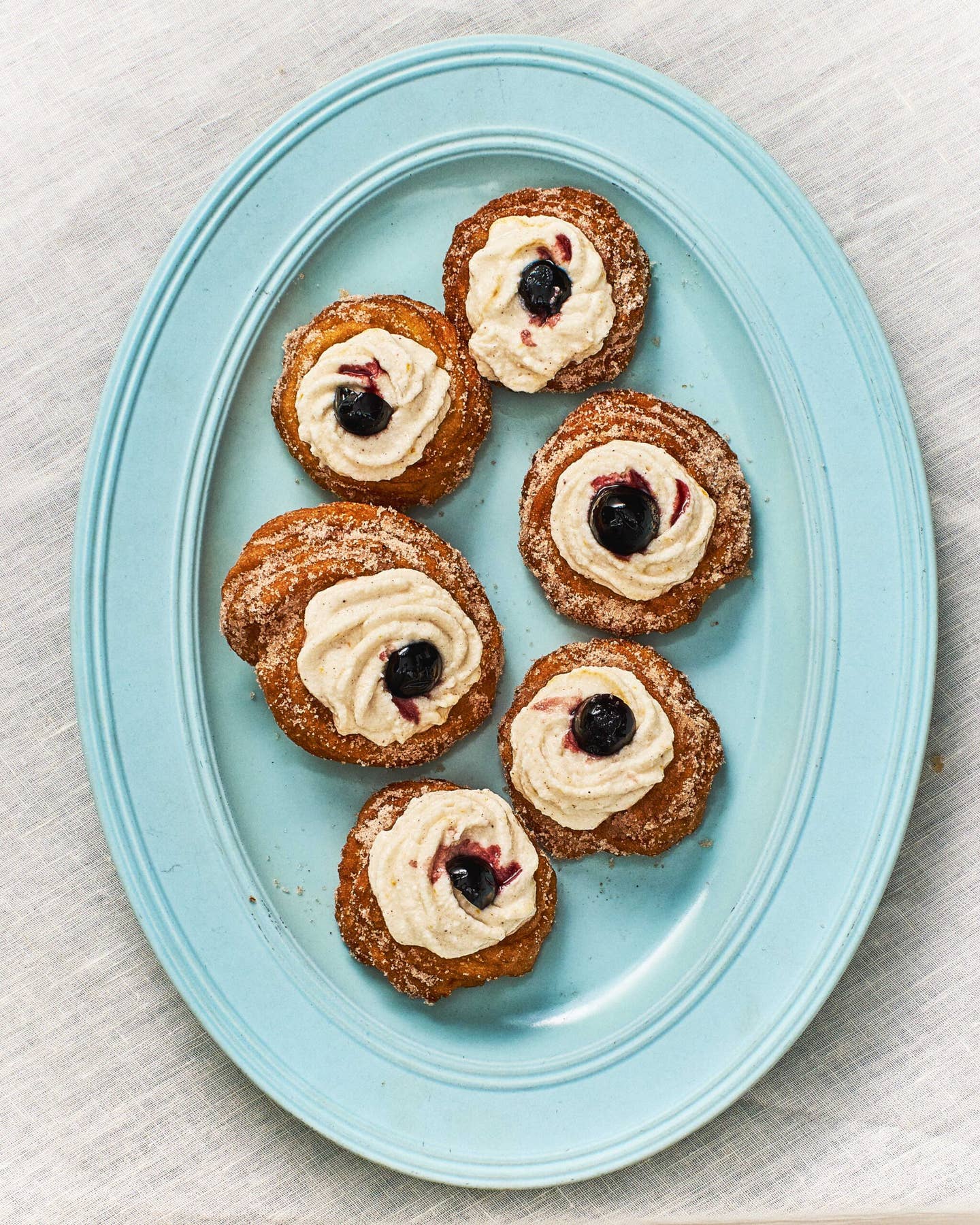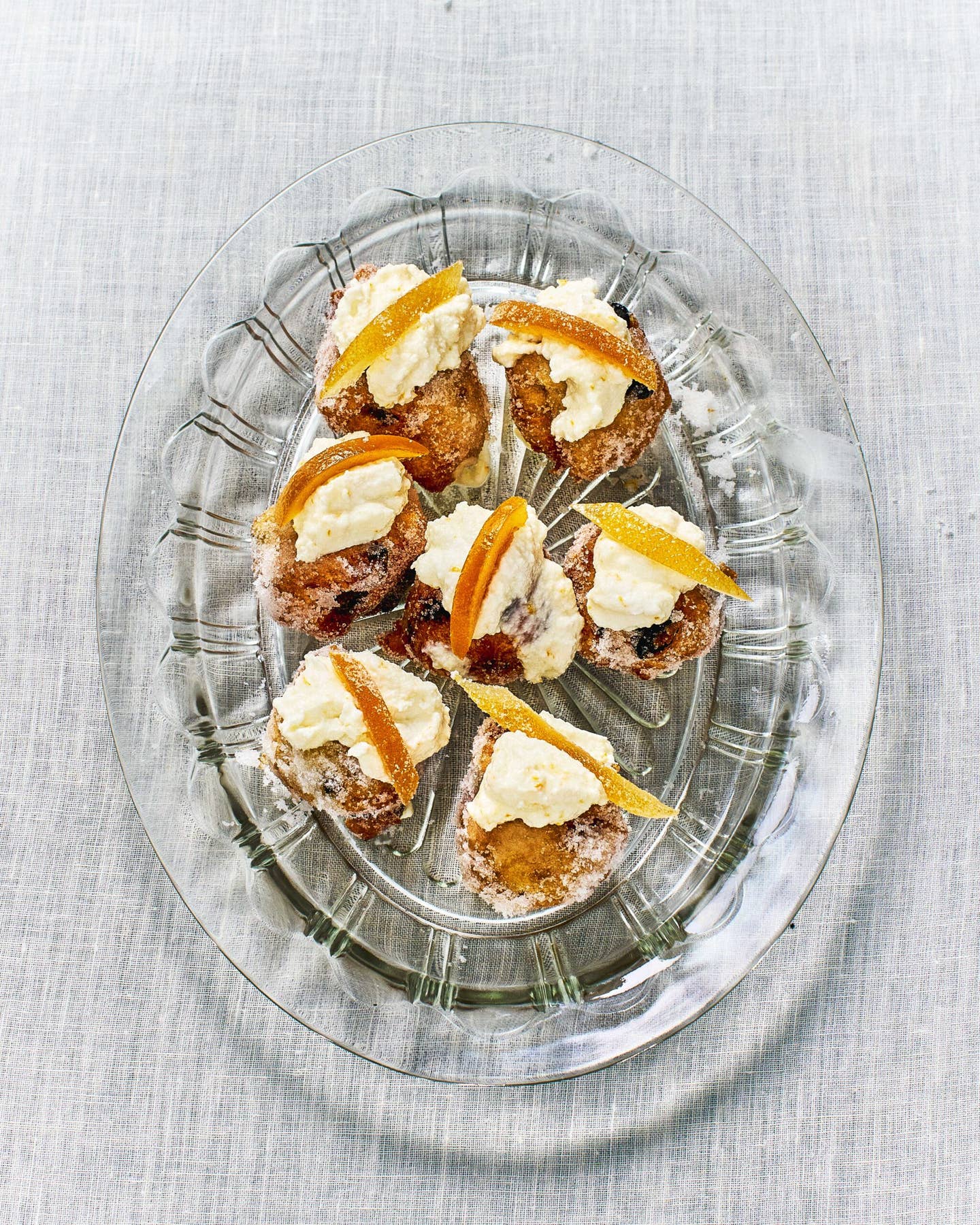
Ice Cream 101
The problem with homemade ice cream is that it’s often too soft or too dense, lacking a luscious mouth-feel. Ice cream is basically a frozen emulsion, in which components that do not naturally meld—fat, water, and air—are encouraged to marry by adding such things as heat, proteins, sugars, and starches. The stronger the marriage, the more supple the ice cream will be. If water is not bound well with the other ingredients, it becomes nasty little ice shards that disrupt the smooth sensation on the tongue. Jeni Bauer of Jeni’s Splendid Ice Creams has developed a technique that addresses, and solves, some of these common problems head-on. Her basic formula is foolproof, and applies to all flavors, from nutty praline to good old-fashioned chocolate. This article was first published in Saveur Issue #140, along with Molly O’Neill’s story Here’s the Scoop.






Keep Reading
Continue to Next Story










